As the global demand for sustainable packaging solutions intensifies, the role of the bottling machine in this transformative landscape cannot be overstated. With advancements in technology and an increasing focus on environmental responsibility, bottling machines are evolving to incorporate innovative features that enhance efficiency and reduce ecological footprints.
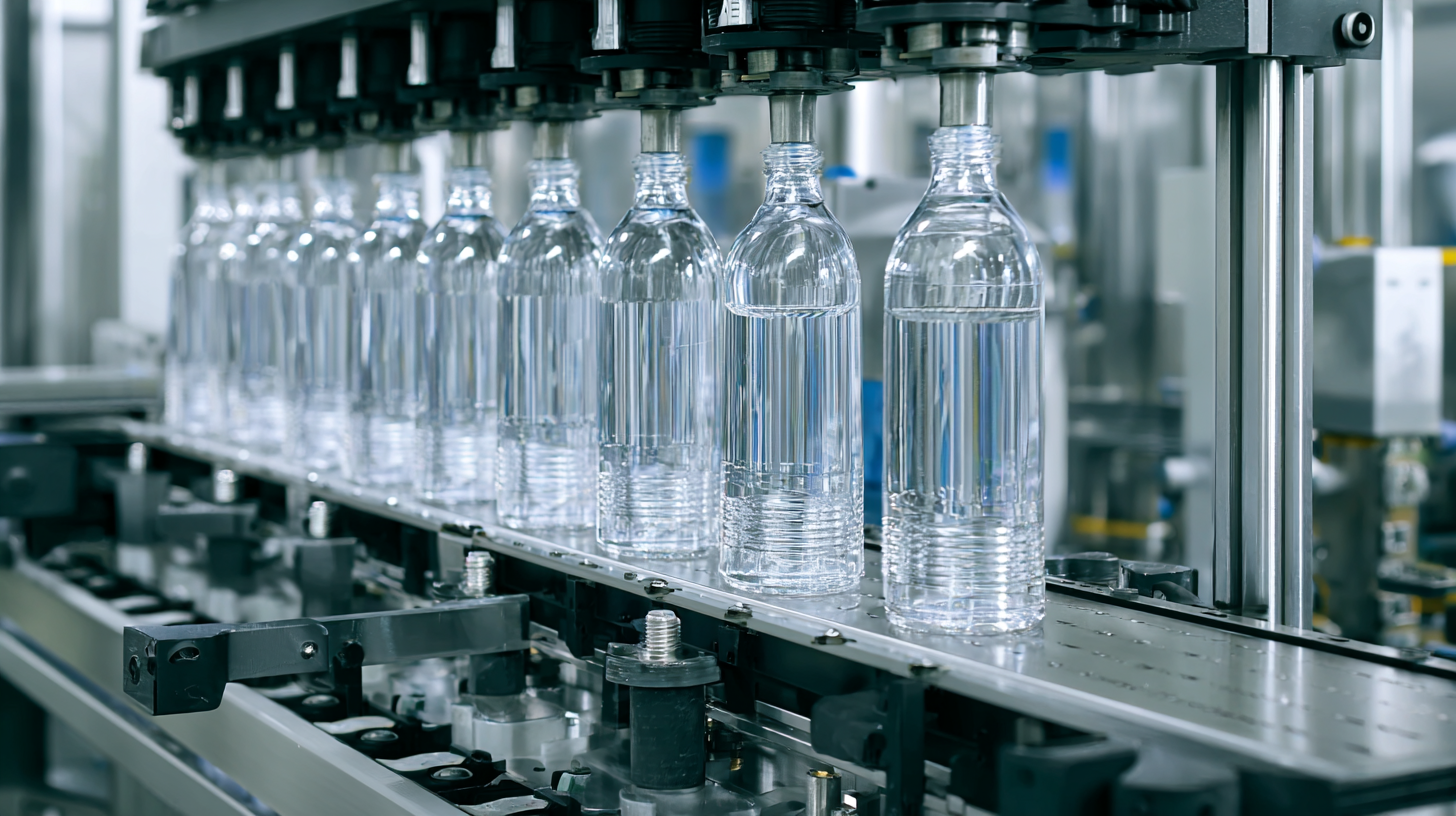
This article explores the future of bottling machines, emphasizing their significance in the context of sustainable packaging innovations. By adopting eco-friendly materials, optimizing energy consumption, and integrating smart technologies, these machines are not only revolutionizing production lines but also contributing to a circular economy.
As the beverage industry seeks to align with consumers' growing preference for sustainability, understanding the pivotal advancements in bottling machines becomes essential for manufacturers aiming to stay competitive and responsible in a rapidly changing market.
The integration of smart technology in sustainable bottling solutions is revolutionizing the packaging industry. As global concerns over environmental sustainability become more prevalent, bottling machines equipped with advanced technologies are emerging as crucial players in this transformation. Smart sensors and automation enhance efficiency, reduce waste, and minimize energy consumption, aligning with the goals of sustainable packaging.
Furthermore, as the sustainable packaging equipment market is projected to grow significantly, driven by the e-commerce boom and expanding consumer demand for eco-friendly options, bottling machines will likely play a pivotal role. The anticipated rise in the market indicates that manufacturers must adopt innovative practices that embrace technology while prioritizing sustainability. This synergy not only addresses environmental challenges but also offers businesses a competitive edge in a rapidly evolving market landscape.
The landscape of bottling machines is rapidly evolving in response to increasing demand for sustainable packaging solutions. Innovative materials play a crucial role in this transition, with research indicating that the global eco-friendly packaging market is projected to reach USD 600 billion by 2027, growing at a CAGR of 5.7% from 2020. This trend reflects not only consumer preferences for sustainable options but also regulatory pressures driving manufacturers to adopt greener practices.
One notable advancement is the integration of biodegradable plastics and recycled materials in bottling machine designs. Companies are now exploring bio-based polymers derived from renewable resources, which significantly reduce carbon footprints compared to traditional petroleum-based plastics. For instance, studies show that using PLA (Polylactic Acid) in packaging can lower greenhouse gas emissions by up to 68% compared to conventional plastics. Furthermore, cutting-edge bottling machines are being designed to minimize energy consumption while maximizing efficiency in material usage, aligning with sustainability goals set by the United Nations to combat climate change and promote responsible consumption. As these innovations reshape the industry, they offer promising solutions towards achieving a more sustainable future in bottling.
As the demand for sustainable packaging solutions grows, energy efficiency is becoming a pivotal focus in the evolution of bottling machinery. Modern bottling machines are being engineered with advanced technologies that significantly reduce energy consumption while maintaining productivity. These innovations may include the integration of smart sensors and automation systems that optimize operations, ensuring that machinery only utilizes power when necessary. The result is a marked decrease in the carbon footprint associated with production processes.
In addition to energy-saving technologies, manufacturers are increasingly exploring eco-friendly materials that complement energy-efficient machinery. Bottling machines are now designed to handle a variety of sustainable packaging options, such as biodegradable plastics and recycled materials. This adaptability not only supports green initiatives but also aligns with the evolving preferences of environmentally-conscious consumers.
As the industry shifts towards a more sustainable model, energy efficiency will undoubtedly remain a crucial element in the future design and operation of bottling machines.
The rise of automation in bottling practices is transforming the landscape of sustainable packaging innovations. According to a recent report by Smithers Pira, the global market for sustainable packaging is projected to reach $500 billion by 2027, with automation playing a significant role in this growth. Automated bottling machines not only enhance operational efficiency but also reduce waste and energy consumption, aligning with the increasing demand for environmentally friendly solutions.
In addition, a 2022 survey by McKinsey revealed that companies integrating automation in their bottling processes reported an average efficiency improvement of 30%. These machines minimize the plastic used through precise filling techniques and reduce the carbon footprint by optimizing production schedules to cut down on idle time and resource usage. As industries pivot towards eco-conscious practices, the adoption of automated technologies stands as a pivotal strategy in advancing sustainable bottling practices and meeting consumer expectations for environmentally responsible packaging.

As consumer awareness of environmental issues continues to rise, the demand for sustainable packaging has become an integral part of the bottling industry. Modern consumers are not only looking for products that are eco-friendly but also those that reflect their values regarding sustainability. This shift has prompted manufacturers to innovate their bottling processes, integrating recyclable, biodegradable, and reusable materials into their packaging solutions. Companies that prioritize sustainable practices are likely to garner loyalty from eco-conscious consumers, setting themselves apart in a competitive market.
Tip: When selecting packaging for your products, consider materials such as recycled plastics or plant-based alternatives that minimize environmental impact. Additionally, emphasizing a reduced carbon footprint in your marketing can resonate with consumers who prioritize sustainability.

Bottling developments are now focused on minimizing waste and enhancing recyclability. Advanced technologies, like lightweight bottling solutions and reusable delivery systems, are being implemented to decrease the amount of material used and the energy consumed during production. Businesses are recognizing that adopting these sustainable practices is not just beneficial for the planet but can also lead to cost savings and improved efficiency in operations.
Tip: Collaborate with suppliers who share your commitment to sustainability. This can lead to innovative solutions that enhance your product's appeal while benefiting the environment.
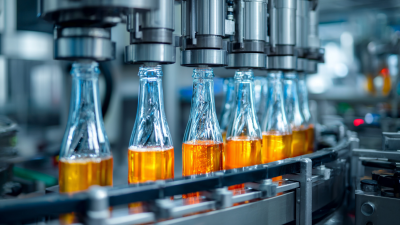
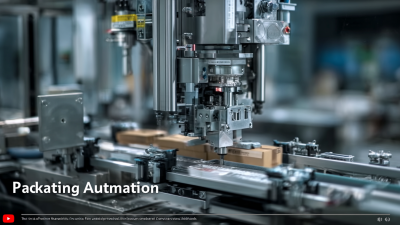
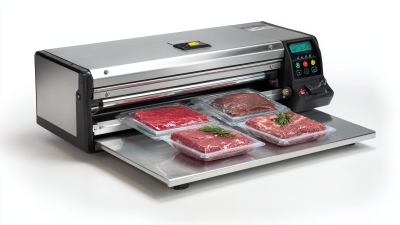

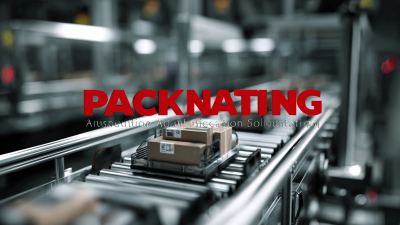
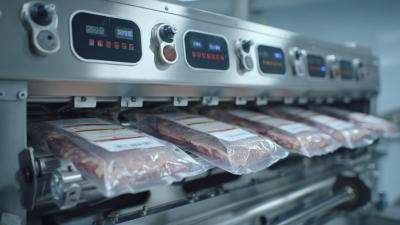
Accutek Packaging Equipment Companies, Inc. stands as one of the premier privately owned packaging machinery manufacturers in the United States.
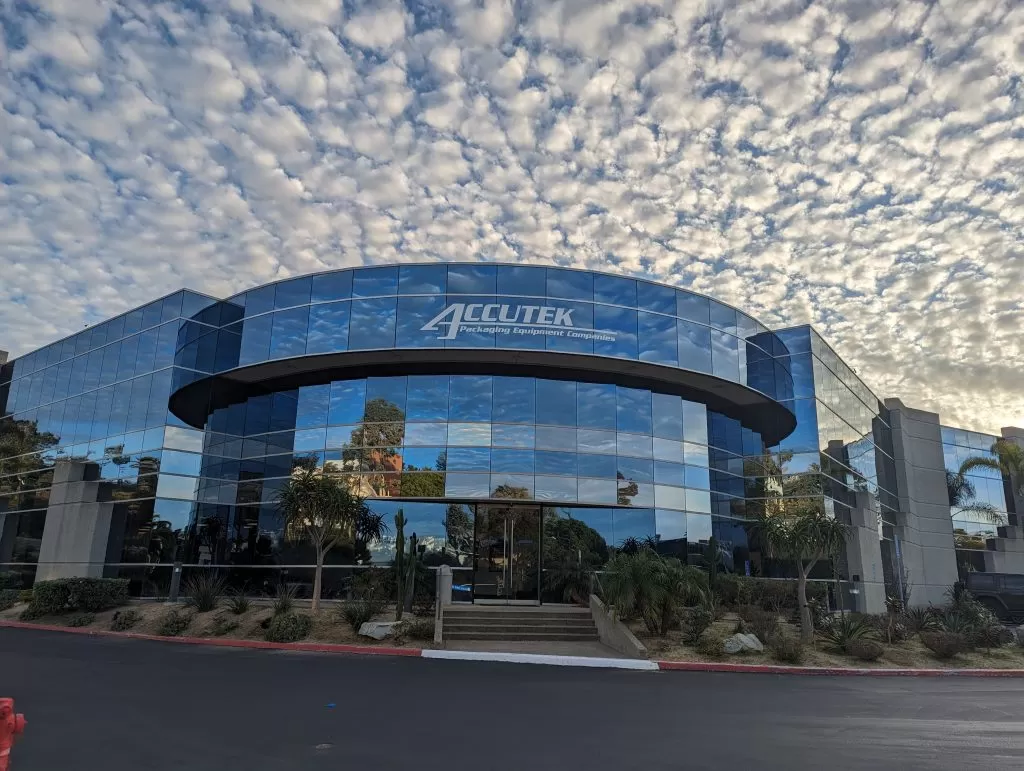
Sign up for all the news about our latest arrivals